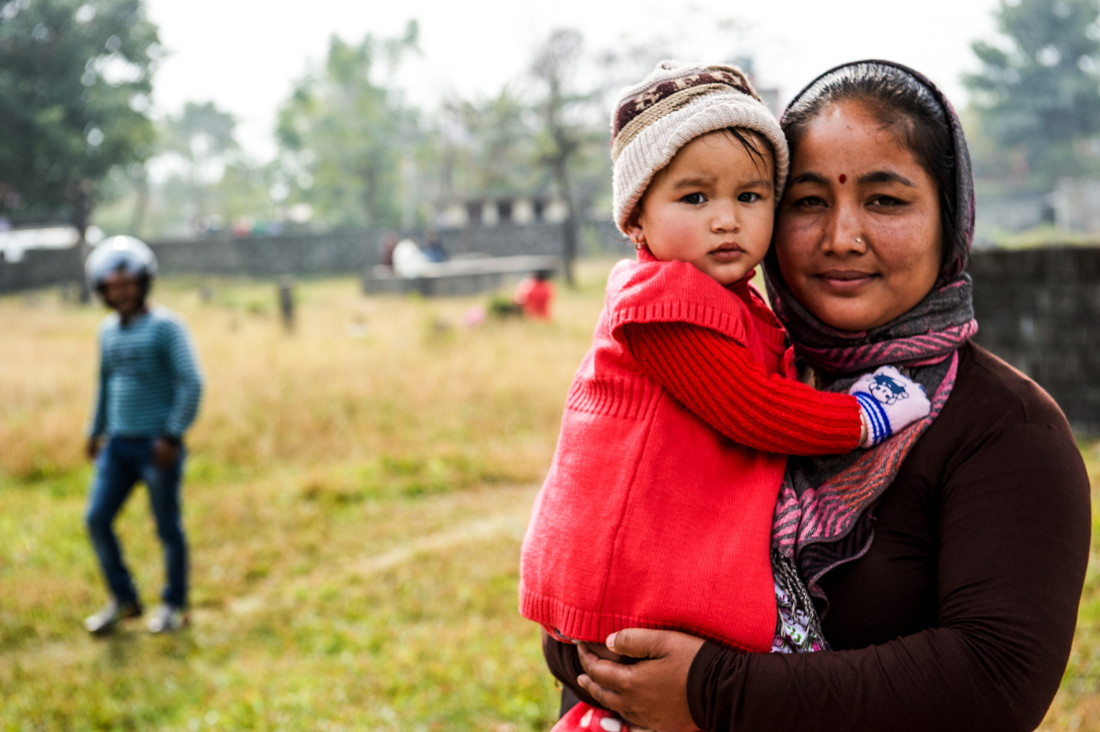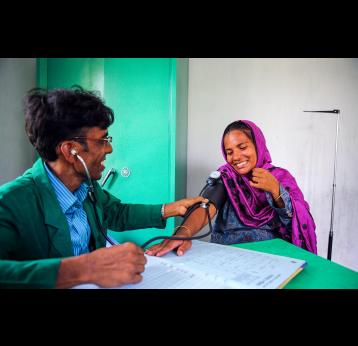Evaluation Objectives
The focus of this assessment of two separate but interlinked policies has four principal objectives:
- Assess the extent to which the design of the Policies was relevant and appropriate to achieve their intended objectives
- Assess the effectiveness and efficiency of the implementation and management of the policies at the global, regional and country levels
- Assess the extent to which the Policies have achieved their desired results, and to understand the main successes, challenges and lessons learned
- Provide evidence-based findings to assist in the review and update of the Policies.
The evaluation contributed to an ongoing review and update of Gavi’s financing and support policies in 2019-20. This review is, in turn, part of the operationalisation of ‘Gavi 5.0’, Gavi’s strategy for the period 2021-25. The ELTRACO Policies are both considered to be of strategic importance in the context of Gavi 5.0 development and planning especially in the context of a changing global health landscape.
Methods
The evaluation assessed the design, implementation and results of the application of the Co-financing Policy and the Eligibility & Transition Policy using a mixed methods approach including a desk review, key informant interviews, policy benchmarking and remote country case studies.
Findings and conclusions
Policy design: Gavi’s ELTRACO Policies were at the forefront of donor policies relating to transition and co-financing. Broadly, the ELTRACO policies were well aligned with Gavi’s 4.0 strategic direction and principles. However, the policies prioritise vaccines rather than services, were somewhat skewed towards new vaccines, and provided insufficient attention to non-financial factors critical for sustainability.
Policy implementation: Management of the policies was broadly considered to be well done, together with more, and earlier engagement, undertaken around the ELTRACO policies. Transition implementation had evolved considerably, but programmatic and institutional challenges remain significant through the transition period. There had been high adherence to the Co-financing Policy in terms of a reduction in defaults. The overall design of linking co-financing to co-procurement of vaccines was seen as positive. However, co-financing calculations were too complex, creating challenges with ownership and transparency at the country levels.
Results: The ELTRACO policies were delivering successes: co-financing payments increased more than fivefold since 2008 boosting domestic resources for vaccines and all transitioned countries so far had continued to support the delivery of routine vaccines introduced with Gavi support. However, reductions in vaccine coverage in some ‘second wave transition countries’ that entered transition, with more programmatic challenges and weaker health systems, will require concerted efforts to ensure the policies can aid delivery of sustainable immunisation programmes going forward.
Related content
Co-financing means that countries contribute to the cost of Gavi-supported vaccines by financing some of the required vaccine doses.


